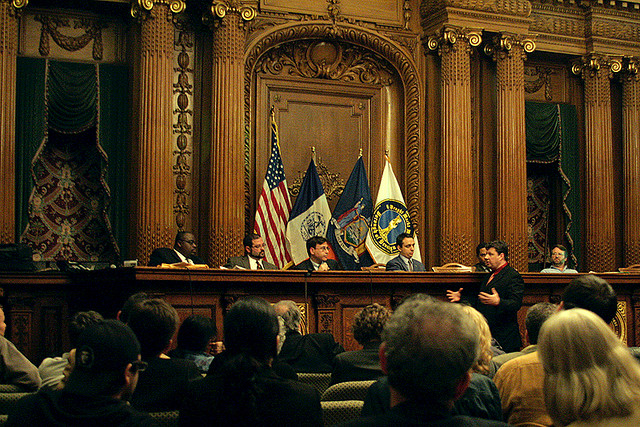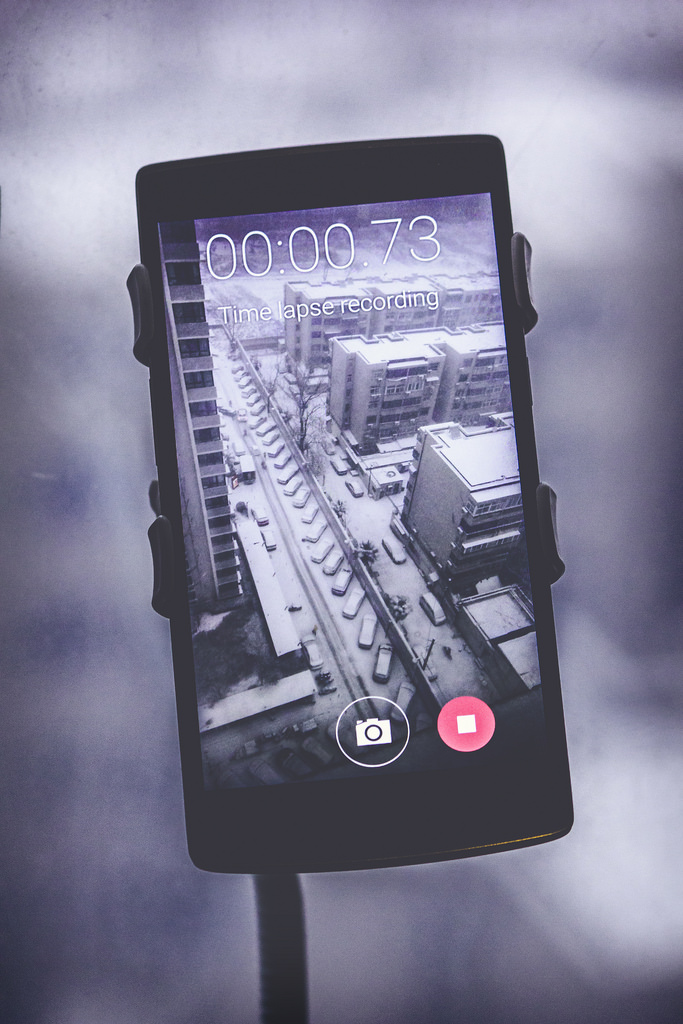Recent hackings have been found to especially target three main platforms: healthcare, education, and government. This has compromised the security of healthcare provider Excellus BlueCross BlueShield, the Cal State University System, and the U.S. Department of Energy.
It was discovered last week that over 10 million people are at risk due to a Excellus computer system hacking that’s been occurring since December of 2013. It doesn’t appear that the hackers stole or utilized any important personal information, though they were able to access and view customer names, birth dates, social security numbers, and financial claims. The attack was one of the worst 20 breaches in healthcare of all time. The hacking also parallels recent incidences at Anthem, Office of personnel Management, Sony and Ashley Madison. In all cases, the attacks were committed by people disguised as employees, using stolen credentials to gain access to corporate networks.
Roughly 80,000 students from the Cal State University System lost general information after enrolling in a class on sexual harassment. Their names, numbers, emails, gender, race, and relationship status were provided to a contractor as part of a program on sexual harassment. The contractor, “We End Violence” was hacked, as reported in the Los Angeles Times earlier this month.
The U.S. Department of Energy’s computer systems were attacked 159 times between 2010 and 2014. Officials declined to comment, however, on the nature of what was accessed by hackers or whether any foreign governments were responsible.
Article via ECT News Network, September 16, 2015
Photo: Longmont Power and Communications-3 via You Belong in Longmont [Creative Commons Attribution-NonCommercial-NoDerivs]





